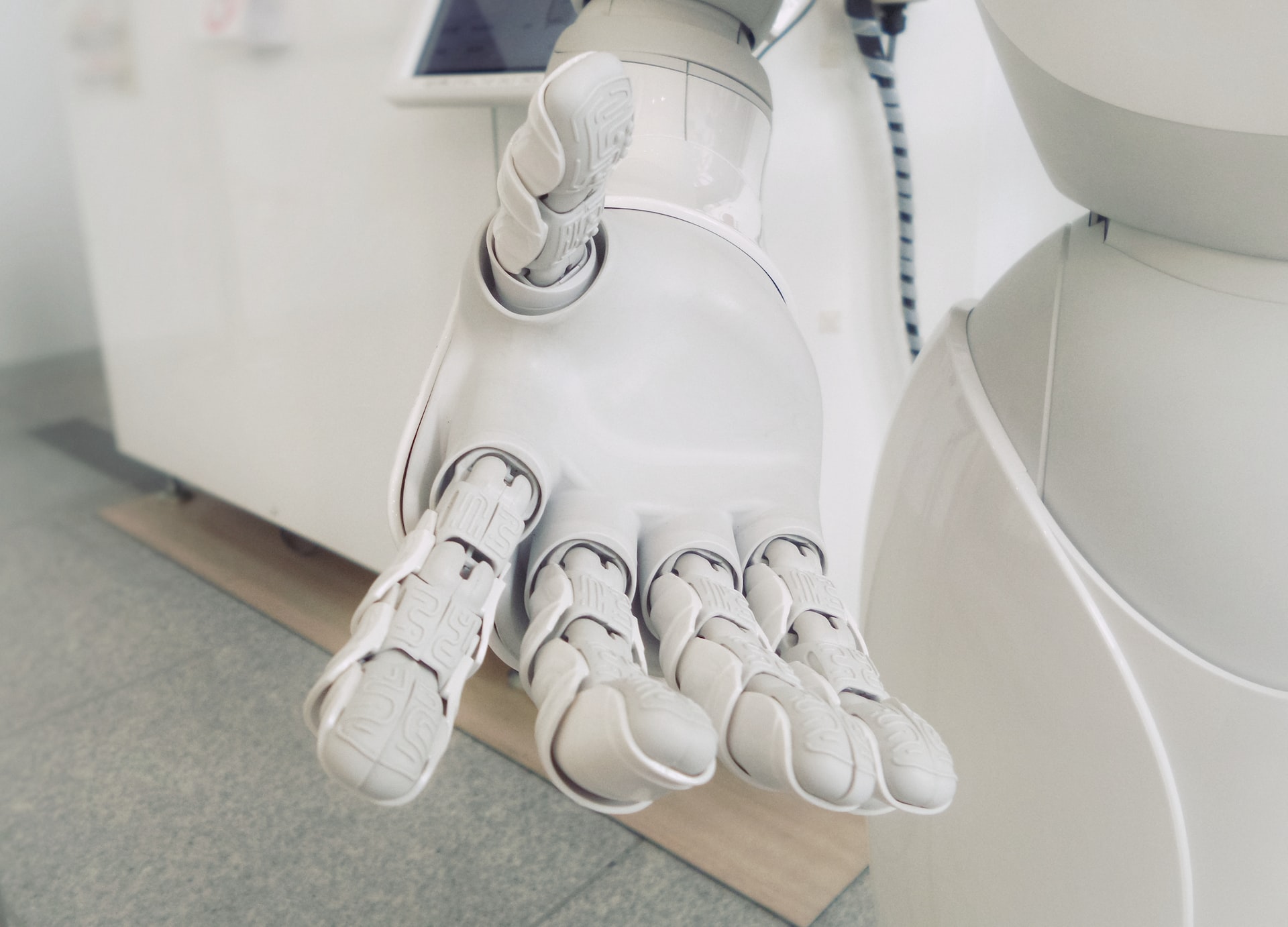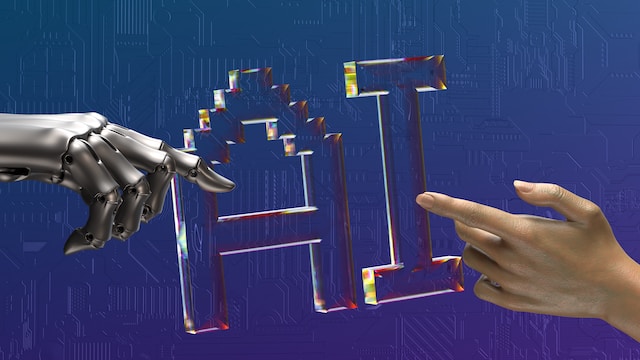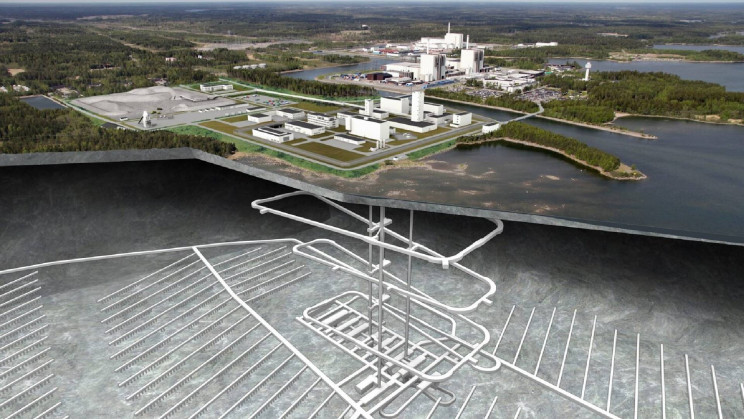Automation in manufacturing processes and delivery systems has become more powerful since the explosion of the industrial revolution 4.0. In addition to big data, many businesses have applied autonomous robots (ARs) as an automation solution to improve productivity and save operating costs.
Just like humans, robots also retire. Robot retirement is happening across all sectors, at a faster pace as more and more businesses invest in digital transformation. Robotic Process Automation bots, or RPA bots, are taking early retirement after several years of handling repeatable tasks in the system and work processes.
RPA solutions have the potential to contribute to the automation of a wide variety of processes and operations in supply chain management. As a result, these solutions can bring about beneficial changes for organizations in the areas of cost, efficiency, service quality, and customer happiness.
However, the contemporary digital revolution necessitates process change that focuses primarily on digital platforms and interconnectedness. As a result, the demand for RPA bots is decreasing.
According to Francis Carden, vice president of robotics and digital automation at software company Pegasystems, reducing RPA robots can help reduce operational expenses. According to Carden, incorporating RPA bots increases the total cost of ownership for most information technology systems.
Those costs will be insignificant if they deliver a strong return on investment. However, license and maintenance expenses are rising, reducing the revenues generated by RPA robots. As a result, obsolete technologies such as RPA will inevitably be replaced by new computer services and technologies.
These new innovations are widely available and more affordable in the midst of the ongoing digital revolution.
Carden recommended businesses assess bots’ long-term usefulness and plan for their retirement. A corporation may swiftly calculate the lifecycle of any RPA application or process using contemporary technologies and plan for its decommissioning.
Several companies, he notes, need an end-of-life strategy before developing RPA robots. RPA development necessitates research, creativity, and innovation.
While robot retirement is becoming more popular in numerous fields, RPA robots will not be phased out entirely. RPA has progressed to a new stage.







